Selecting the appropriate crusher for processing hard rock is essential for the success and profitability of mining, quarrying, and construction projects. This comprehensive guide aims to assist in choosing the right type of crusher, with a focus on achieving profitability within six months.
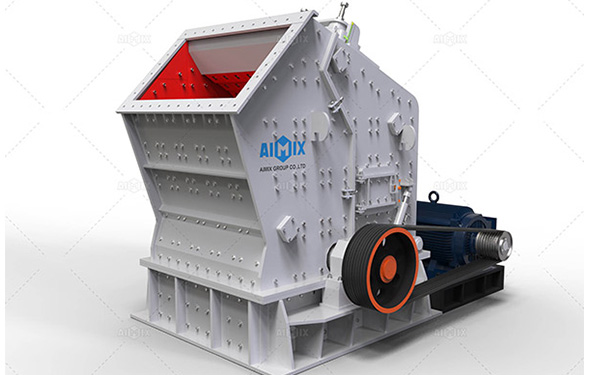
Detailed Considerations for Selecting a Crusher
Understanding Material Hardness and Abrasiveness
The nature of the rock you’re working with is crucial in selecting the appropriate crusher. Hard rocks like granite, quartzite, and basalt demand crushers that deliver high compressive strength. Jaw crushers are renowned for their ability to break down large pieces of very hard material, making them ideal for the initial crushing stage. Cone crusher machine excels in secondary crushing, providing versatility with different chamber designs for fine to coarse crushing, tailored to the material’s hardness and shape requirements.
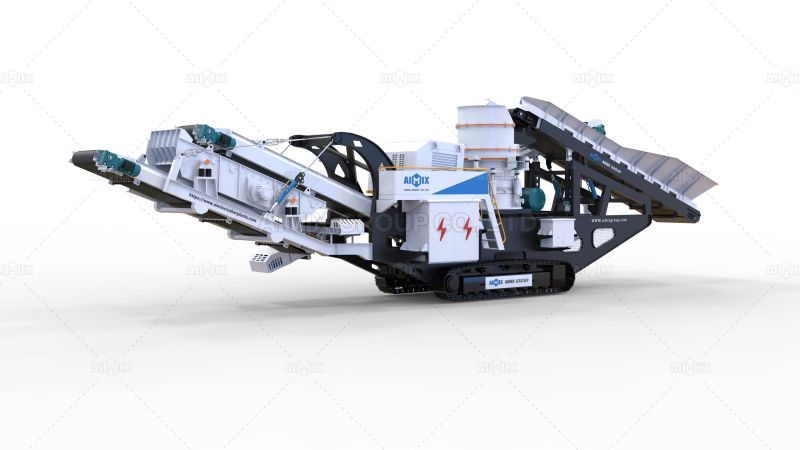
Output Size, Shape, and Production Capacity
The end-use of the crushed rock dictates the required output size and shape. High-quality aggregate for concrete requires precise shape and gradation, which can be achieved with cone crushers and Vertical Shaft Impact (VSI) crushers. VSI crushers are particularly beneficial for obtaining high-quality finishes and are crucial in producing sand and fine aggregates. The production capacity of your operation must align with the crusher’s specifications to ensure efficiency and profitability. Advanced models offer automation features to optimize performance based on the desired output and material characteristics.
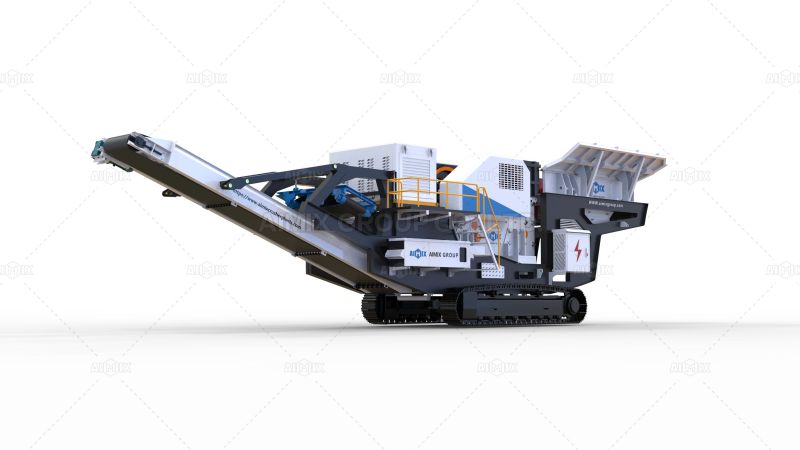
Operational Costs, Maintenance, and Environmental Compliance
While upfront costs are a significant consideration, long-term operational expenses, including maintenance and energy consumption, are equally crucial. Crushing plane engineered for hard rock is more durable but may come with higher maintenance requirements to handle the abrasive materials. Additionally, environmental considerations, such as dust suppression systems and noise reduction technologies, are not only regulatory obligations but also contribute to a safer and more sustainable operation.
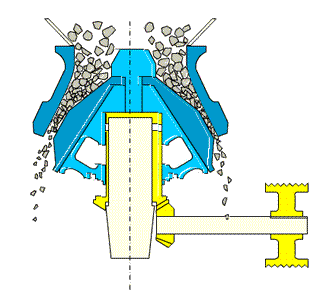
Significance of Rock Crushing in Various Industries
Crushing rock plays a pivotal role across various industries, transforming large, unmanageable raw materials into usable forms. In construction, crushed stone and aggregates form the backbone of buildings and infrastructure, providing strength and stability. Landscaping utilizes decorative rock to enhance aesthetic appearances, while industrial applications might include the extraction of specific minerals for manufacturing purposes. Click here to learn more about the rock crushing: https://aimixgroup.com/how-to-crush-rock/.
Expanding the Scope: Diverse Applications of Crushed Rocks
Beyond construction and landscaping, crushed rock finds its way into numerous applications, underscoring its versatility:
- Road Construction and Pavement: Providing both structural support and drainage, crushed rock is integral to building durable roads.
- Concrete and Asphalt Aggregate: Aggregates derived from crushed rock are key components in concrete and asphalt, contributing to the mix’s strength and durability.
- Railroad Ballast: Crushed stone supports railroad tracks, distributing weight and facilitating drainage.
- Water Filtration: Certain grades of crushed rock are used in water filtration systems, showcasing the material’s utility in environmental engineering.
- Erosion Control: Strategic placement of crushed rock can prevent soil erosion, protecting landscapes and infrastructure.
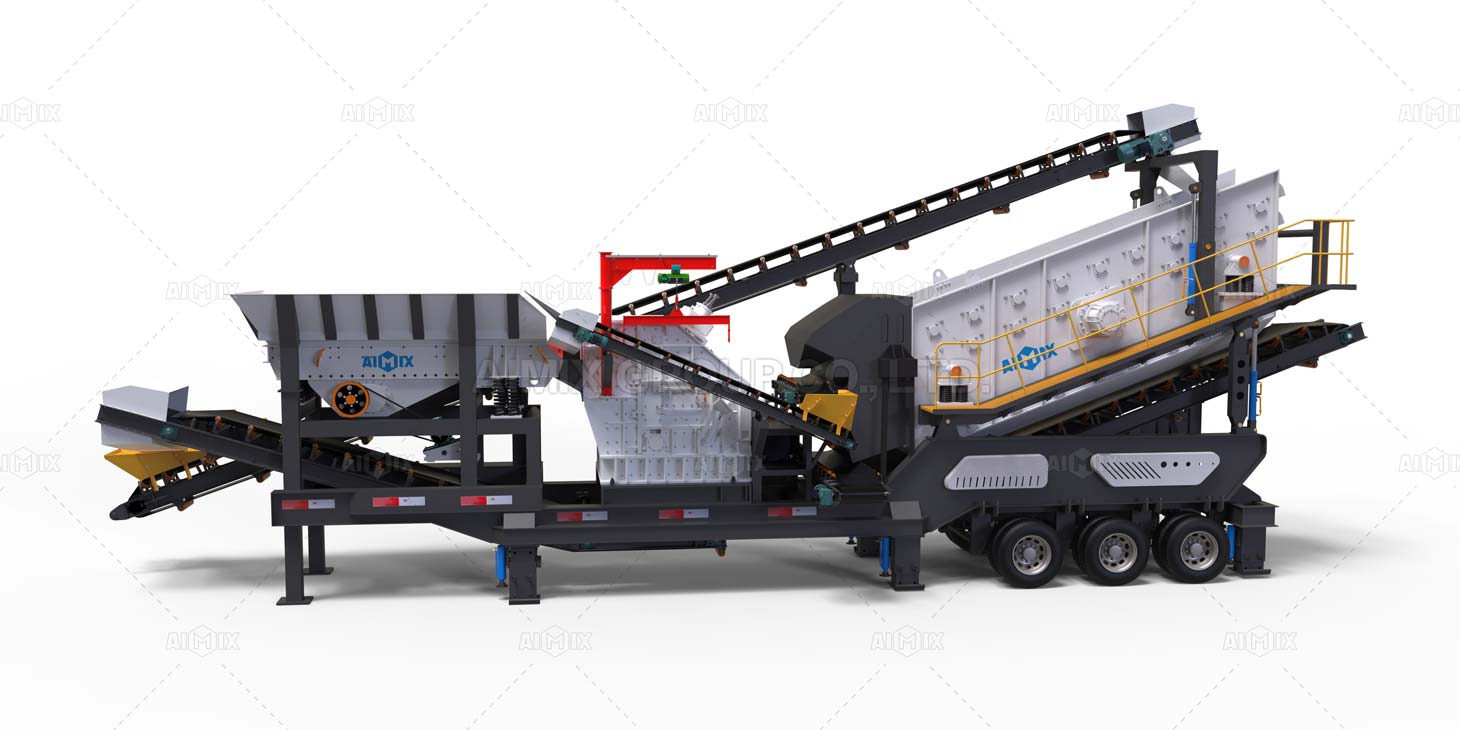
Understanding these diverse applications and customer needs is pivotal in selecting the right rock crusher. By matching the crusher to the intended use and considering factors such as material characteristics, output requirements, and operational efficiencies, businesses can ensure they choose equipment that maximizes productivity and profitability.
